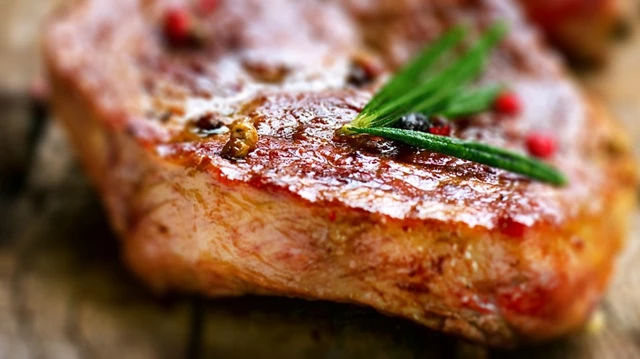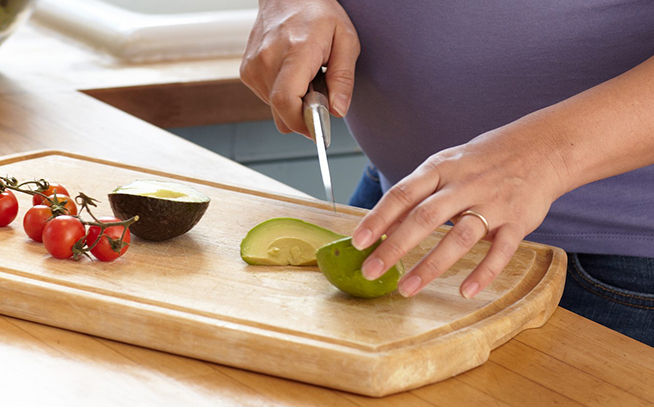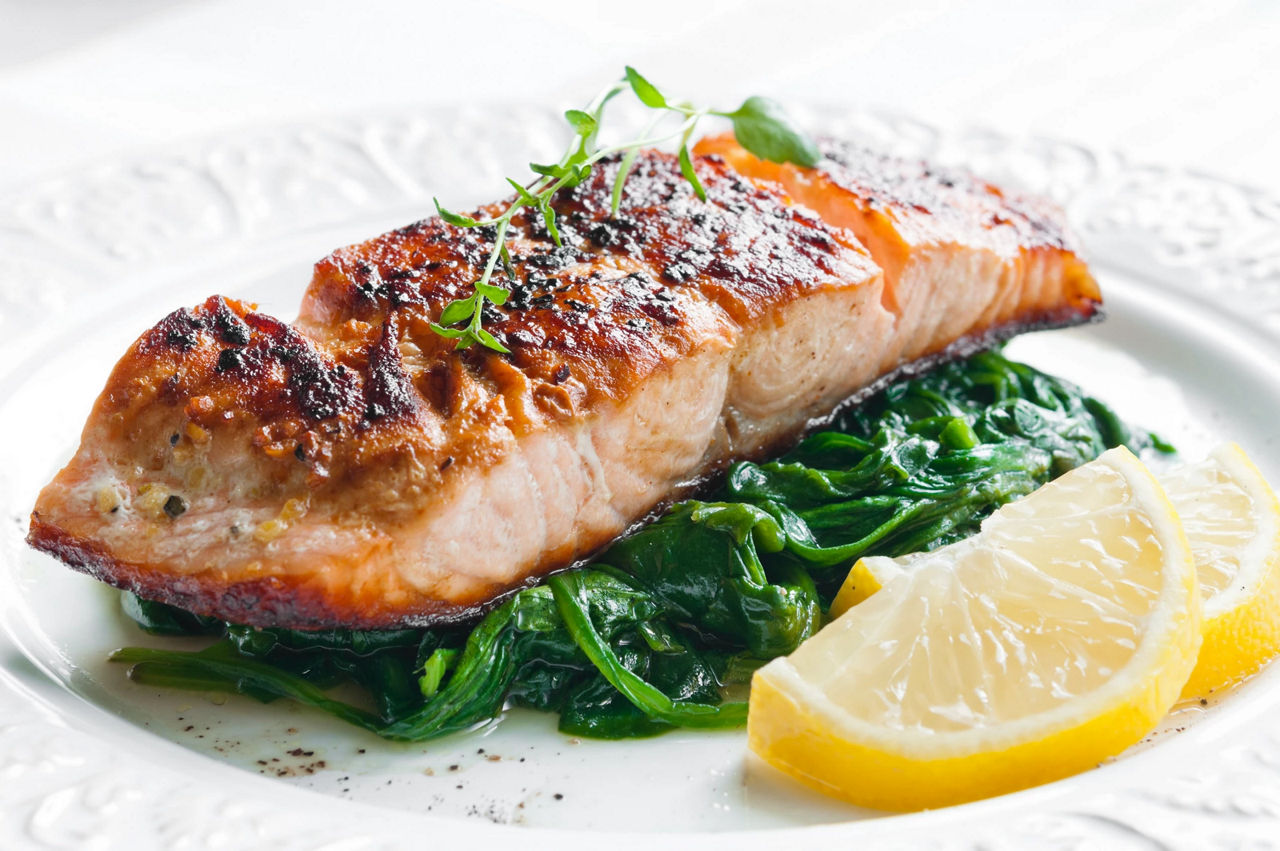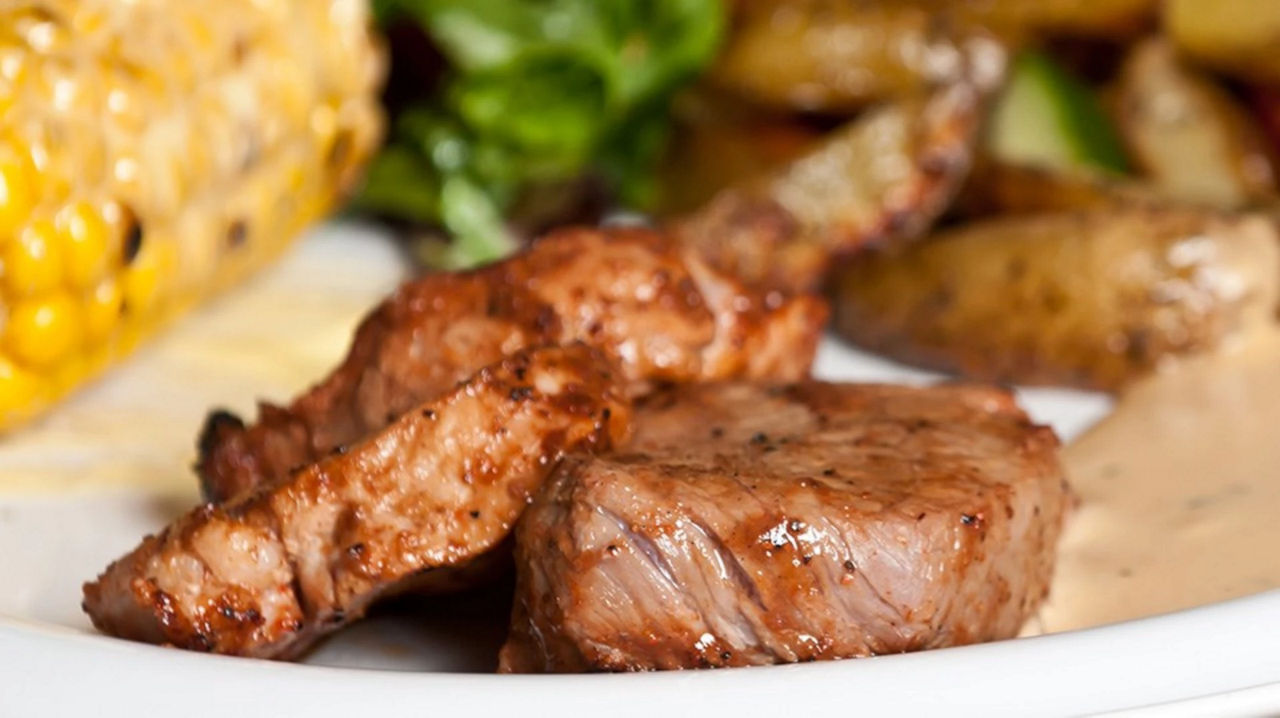Zinc in pregnancy
During pregnancy, there’s a rapid growth and development of tissue and DNA taking place in your baby’s body. Your body is doing an incredible job of supporting your baby as they grow, but to do so, it relies on you having healthy zinc levels, one of the essential minerals that the body needs to function1.
Read on for a wealth information around the role of zinc in pregnancy, why it’s so important, and how you can boost your intake of zinc in pregnancy with zinc-rich snacks and meals.

Why is zinc so important during pregnancy
The role of zinc in pregnancy is a very important one, supporting your baby’s healthy growth and development whilst in the womb and beyond - including through infancy childhood and adulthood1. As such, zinc should form part of any healthy and balanced pregnancy diet.
Zinc in pregnancy helps your baby’s organs and skeleton to form as they grow, as well as supporting the development of their nervous and circulatory systems2. It also supports the construction of your baby’s cells, enzymes and DNA during pregnancy, and is needed for cell division and tissue growth3.
Ensuring that you have an adequate supply of zinc during pregnancy has various other benefits for your baby, too. Found in high concentrations in the brain4, it’s important for normal brain development and function5, laying the foundation for all future learning and development. Zinc in pregnancy also helps your growing baby to build a strong immune system6.
Zinc also supports your own immune system too, protecting you against infections and helping wounds to heal1.
How much zinc do you need when you’re pregnant?
The recommended daily intake for every woman, including pregnant women, is 7mg each day7, all of which you’ll get from the foods you eat.
Getting the right amount of zinc in your prenatal diet is very important, particularly when it comes to fending off illness. This is because during pregnancy, your immune system is weaker than it normally would be, as it prioritises protecting the health of your growing baby8.

The recommended daily intake for every woman, including pregnant women, is 7mg each day7, all of which you’ll get from the foods you eat.
Do you need to take zinc supplements during pregnancy?
You should be able to get all the zinc you need from a healthy and balanced diet that contains a wide variety of different foods.
Whilst there has been some suggestion that zinc supplementation in pregnancy may help to reduce the risk of low birth weight and preterm labour in low-income settings, it does seem to prevent other negative pregnancy outcomes and further research is needed9, 10.
If you’re concerned about your zinc levels during your pregnancy, always speak to your doctor or midwife for advice.
How can you measure your zinc levels during pregnancy?
If you’re concerned about your zinc levels during your pregnancy, always seek medical advice as to the best next steps for you. If your doctor or other healthcare professional feels that it’s necessary, you may be offered a blood test to determine what your zinc levels and, and what, if any, treatment you need.
Zinc and breastfeeding
If you’re breastfeeding, it’s important to know that zinc levels in your breast milk are at their highest in the first month after birth. After 6 months, breast milk alone will not be able to provide your baby with amount of zinc that they need, and you’ll need to make sure that your baby is getting enough zinc as part of their weaning diet1.
If you decide to breastfeed your baby, you shouldn’t need to make any special dietary changes, but it’s a good idea to maintain a healthy and balanced diet to support your breastfeeding journey.
You can learn more about a healthy breastfeeding diet here, and you can always talk to your midwife or healthcare professional if you’d like more advice.
Which foods contain zinc?
Zinc can be found in a number of different foods, including11:
- Meat and poultry
- Cheese
- Fish
- Shellfish such as oysters, crab, cockles and mussels
- Nuts and seeds - pumpkin seeds and pine nuts are good examples
- Legumes such as chickpeas, lentils and beans
Wholegrain breakfast cereals and wholegrain and seeded breads also contain zinc, however the phytates they contain can inhibit the absorption of zinc from other foods. To maximise your intake from other sources, avoid regularly eating these foods at the same time1.
Foods high in zinc for pregnancy
Food | Zinc per 100g |
|---|---|
Cooked oysters | 14.7mg |
Sun dried tomatoes | 13.6mg |
Beef fillet | 7.8mg |
Pumpkin seeds | 7.5mg |
Sunflower seeds | 5.8mg |
Lamb chops | 5.4mg |
Pine nuts/cashews | 5.3 – 5.5mg |
Almonds/pecans/brazil nuts | 3.7 – 4.1mg |
Cheddar cheese | 3.6mg |
Lentils/kidney beans (dried) | 3.0 – 4.0mg |
What are the potential consequences of not having enough zinc when you’re pregnant?
Clinical studies have produced inconsistent results in terms of the effect of too much zinc or a lack of zinc during pregnancy. However, according to the NHS, too much zinc could hinder your ability to absorb copper. This is turn can lead to weakened bones and anaemia7.
What we do know is that zinc is vital for our overall health, and it’s essential that we include it in our daily diets.
Try boosting your intake with these zinc-rich snacks and meals
- A bowl of porridge with a handful of walnuts
- A hard-boiled egg
- Turkey salad with sliced almonds
- Cottage cheese on oatcakes
You can also explore our recipe ideas for inspiration, including spiced prawns with wholegrain rice and roast chickpeas with almonds and smoked paprika
Read next

Need some help?
You can get quick answers to common questions in our FAQs.
Alternatively, if you need help with general pregnancy or baby advice, or maybe on using or ordering our products - our expert team are always on hand to talk about feeding your baby.
- National Institutes of Health. Zinc - Fact Sheet for Health Professionals [online] 2022. Available at https://ods.od.nih.gov/factsheets/Zinc-HealthProfessional/. [Accessed November 2023]
- First Steps Nutrition Trust. Eating well for a healthy pregnancy - a practical guide [online] 2017. Available at https://www.mkchildrenshealth.cnwl.nhs.uk/media/1030/eating-well.pdf. [Accessed November 2023]
- Iqbal S, Ali I. Effect of maternal zinc supplementation or zinc status on pregnancy complications and perinatal outcomes: An umbrella review of meta-analyses. Heliyon. 2021 Jul 10;7(7):e07540. doi: 10.1016/j.heliyon.2021.e07540. PMID: 34368474; PMCID: PMC8326740
- Portbury SD, Adlard PA. Zinc Signal in Brain Diseases. Int J Mol Sci. 2017 Nov 23;18(12):2506. doi: 10.3390/ijms18122506. PMID: 29168792; PMCID: PMC5751109
- Shahshahani S, Sajedi F, Fatollahierad S. Effect of Zinc supplementation on child development: a systematic review and metaanalysis Protocol. Iran J Child Neurol. 2021 Winter;15(1):9-17. doi: 10.22037/ijcn.v15i1.22515. PMID: 33558810; PMCID: PMC7856432
- Wellinghausen N. Immunobiology of gestational zinc deficiency. Br J Nutr. 2001 May;85 Suppl 2:S81-6. PMID: 11509094
- NHS. Others - vitamins and minerals [online] 2020. Available at https://www.nhs.uk/conditions/vitamins-and-minerals/others/. [Accessed November 2023]
- NHS. Vaccinations in pregnancy [online] 2023. Available at https://www.nhs.uk/pregnancy/keeping-well/vaccinations/#:~:text=During%20pregnancy%2C%20your%20immune%20system,weakened%20to%20protect%20the%20pregnancy. [Accessed November 2023]
- Ota E, Mori R, Middleton P, Tobe-Gai R, Mahomed K, Miyazaki C, Bhutta ZA. Zinc supplementation for improving pregnancy and infant outcome. Cochrane Database Syst Rev. 2015 Feb 2;2015(2):CD000230. doi: 10.1002/14651858.CD000230.pub5. Update in: Cochrane Database Syst Rev. 2021 Mar 16;3:CD000230. PMID: 25927101; PMCID: PMC7043363
- WHO. Zinc supplementation during pregnancy [online] 2023. Available at https://www.who.int/tools/elena/interventions/zinc-pregnancy. [Accessed December 2023]
- British Nutrition Foundation. Vitamins and minerals [online]. Available at https://www.nutrition.org.uk/healthy-sustainable-diets/vitamins-and-minerals/?level=Consumer. [Accessed November 2023]
Last reviewed: November 2023
Reviewed by Nutricia’s Medical and Scientific Affairs Team



